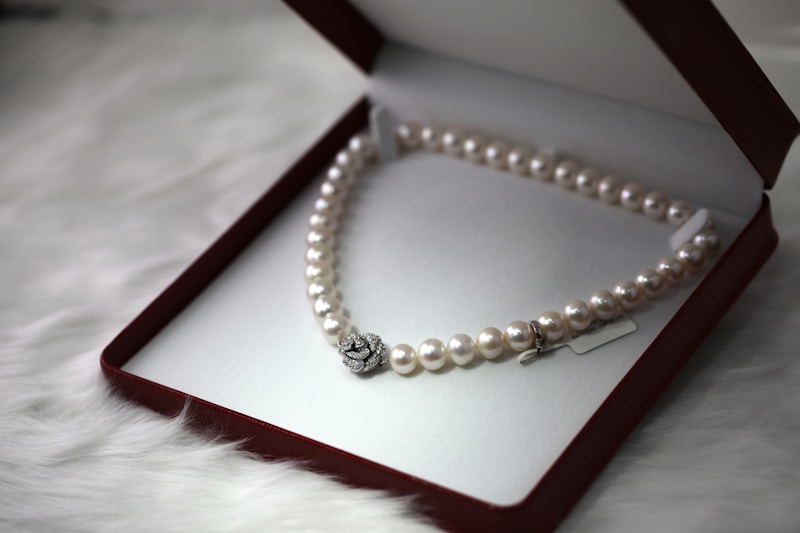Shopping for a mom who claims she doesn’t need anything is one of the most common gift-giving challenges. She’s genuinely hard to buy for – not because she’s picky, but because she rarely prioritizes herself. The key is finding things she’d never buy for herself but would genuinely enjoy. Here are the best gifts for that “I have everything” mom, all under $50.

Self-Care Gifts She Won’t Buy Herself
Luxurious Spa Gift Sets
Moms are notorious for skipping self-care in favor of taking care of everyone else. A quality spa set gives her permission to pamper herself.
The Frerdui Lavender Spa Set includes 11 pieces: bath salts, body scrub, bath oil, soy candle, handmade soap, hand balm, bath bomb, silk eye mask, and a gift-ready box. It’s comprehensive without feeling overwhelming.
Quality Skincare Items
A nice facial serum, eye cream, or moisturizer from a brand she’s heard of (but hasn’t tried) makes a thoughtful gift. CeraVe, The Ordinary, and Neutrogena Hydro Boost are affordable options that dermatologists actually recommend.
Cozy Comfort Items
The Perfect Throw Blanket
A buttery-soft throw blanket in a neutral color works in any home. Look for plush fleece or sherpa options. She’ll use it constantly for reading, napping, or watching TV.
Plush Slippers
Quality slippers with memory foam and rubber soles last for years. Dearfoams and similar brands make options that are both cozy and practical enough to wear around the house all day.
Silk Pillowcase
A silk or satin pillowcase is one of those small luxuries that makes a noticeable difference. They’re gentler on hair and skin. A single pillowcase in a nice box feels special without breaking the budget.
Kitchen Upgrades She’d Never Prioritize
Premium Olive Oil or Vinegar
A bottle of truly excellent olive oil – the kind she’d never buy at the grocery store – elevates everyday cooking. Pair it with specialty vinegar or flavored salts for a complete set.
Electric Mug Warmer
Moms are experts at making coffee or tea, then getting distracted and finding it cold an hour later. A mug warmer for her desk or kitchen counter solves this daily frustration.
Nice Kitchen Towels
A set of beautiful, high-quality kitchen towels is something most moms would never splurge on for themselves. Look for thick cotton in pretty patterns or solid colors.

Personalized and Sentimental
Custom Photo Gifts
A photo book, custom calendar, or framed family photo costs under $50 and carries more emotional weight than most presents. Shutterfly, Mixbook, and similar services make these easy to create.
Initial or Birthstone Jewelry
Simple jewelry with meaning – her initial, birthstone, or the birthstones of her children – feels personal without being over-the-top. Dainty necklaces and simple rings in this category often come well under $50.
Experience-Adjacent Gifts
A Really Good Book
If she mentions wanting to read more but never makes time, a bestseller with a cozy bookmark gives her permission. Pair it with a nice candle or tea for a “reading night” theme.
Streaming Service Subscription
A few months of a streaming service she doesn’t have – Spotify Premium, Audible, a streaming TV service – costs under $50 and provides ongoing enjoyment.
Class or Workshop Credit
Many local studios offer single-class credits for pottery, flower arranging, cooking, or painting. Check local options or online platforms like Skillshare for virtual alternatives.
Practical Things That Feel Special
Quality Umbrella
Most people use terrible umbrellas until they break. A sturdy, well-designed umbrella in a pretty color or pattern is practical but feels like a real gift.
Nice Wallet or Card Case
If she’s been carrying the same worn wallet for years, a fresh one in quality leather feels like an upgrade. Card cases work well for moms who’ve switched to phone payments but still carry some cards.
Premium Everyday Items
Upgrade something she uses daily: a nicer water bottle, a quality pen set for her desk, or a pretty notepad for lists. These small upgrades add touches of luxury to ordinary moments.
Gift Ideas by Mom Type
For the gardening mom: Quality pruning shears, a pretty planter, gardening gloves, or seeds for flowers she mentioned liking
For the cooking mom: Specialty spices, a unique cutting board, quality dish towels, or a cookbook from a chef she admires
For the busy mom: Spa gift set, cozy slippers, a meal delivery gift card, or anything that represents time for herself
For the fitness mom: Quality water bottle, yoga mat spray, wireless earbuds, or a massage tool for sore muscles
What Not to Give
- Cleaning supplies – Unless she specifically collects something fancy, this reads as “do more housework”
- Exercise equipment – Can feel like a suggestion rather than a gift
- Anything that requires assembly from her – The point is relaxation, not projects
- Generic “mom” merchandise – Mugs and shirts proclaiming “World’s Best Mom” feel impersonal
The Real Key
The best gifts for moms who “have everything” are things that say “take care of yourself” or “I notice what you enjoy.” Comfort items, self-care products, and small luxuries she’d never buy for herself tend to hit the mark better than elaborate presents.
When in doubt, think about what she mentions wanting but never follows through on buying – then get exactly that.
This post contains affiliate links. We may earn a commission if you make a purchase through our links, at no additional cost to you.


